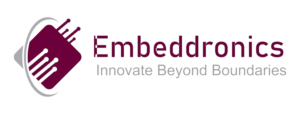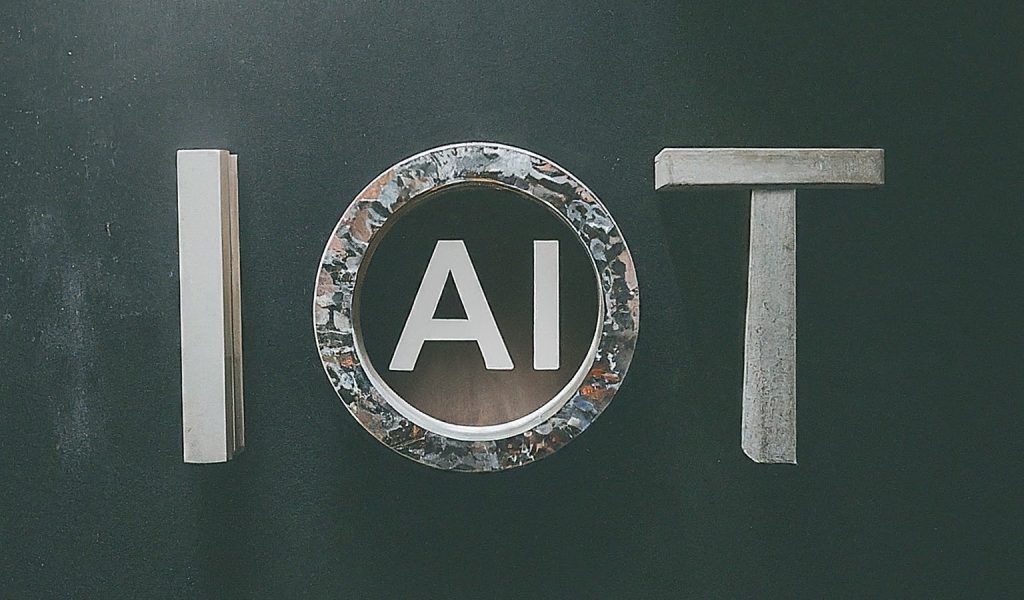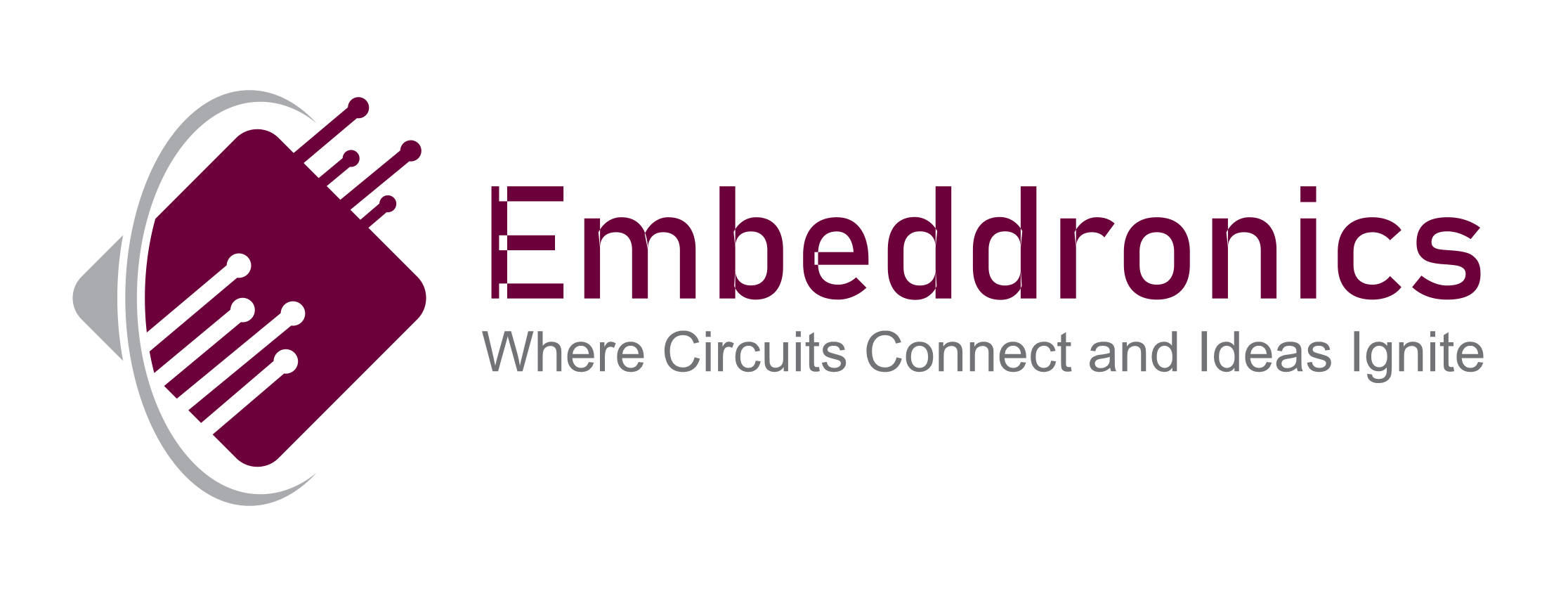
The Future of AI in IoT: A Paradigm Shift
As we stand on the cusp of a technological revolution, the convergence of Artificial Intelligence (AI) and the Internet of Things (IoT) promises to reshape our world. Let’s explore how AI is poised to transform every facet of IoT, from cloud computing to edge devices, and what this means for our future.

Cloud Computing and AI-Driven Insights
In the not-so-distant future, cloud computing will be more than just a storage solution for IoT data. It will become an intelligent hub, where AI algorithms analyse vast datasets, extracting actionable insights. Imagine a cloud that predicts equipment failures, optimizes energy consumption, and enhances supply chain efficiency all powered by AI. As we embrace this future, businesses will harness the cloud’s computational prowess to drive innovation and sustainability.
Big Data: Fueling AI-Enabled Decision-Making
The deluge of data generated by IoT devices—whether from smart cities, industrial sensors, or wearables—requires sophisticated handling. Enter big data analytics, where AI algorithms sift through terabytes of information, identifying patterns, anomalies, and trends. In the future, AI-driven decision-making will be commonplace. From personalized healthcare recommendations to predictive maintenance in smart factories, big data and AI will collaborate seamlessly.
Edge Computing: Intelligence at the Fringe
Edge computing is the embodiment of AI’s future in IoT. Picture tiny devices—embedded with AI capabilities—processing data right where it’s generated: on factory floors, in autonomous vehicles, or even wearable health monitors. These edge devices will make split-second decisions, reducing latency and minimizing reliance on centralized servers. The future belongs to intelligent edge devices, enhancing real-time responsiveness and efficiency.
AI Hardware: GPUs, CPUs, and Beyond
Hardware advancements are pivotal to the AI revolution. Graphics Processing Units (GPUs) and Central Processing Units (CPUs) are no longer mere components; they’re AI accelerators. Companies like NVIDIA, Intel, and Apple are pushing the boundaries, designing chips optimized for AI workloads. Even single-board computers like Raspberry Pi and Arduino integrate AI capabilities, democratizing AI development. The future lies in hardware that seamlessly blends AI and IoT.
Connectivity Technologies: From BLE to 5G
The future of IoT hinges on connectivity. 5G networks will unlock unprecedented speeds, enabling real-time applications like remote surgery and autonomous vehicles. Meanwhile, low-power options like Bluetooth Low Energy (BLE) will thrive in smart homes and wearables. Whether it’s tracking assets in logistics or monitoring crop health in agriculture, connectivity technologies will shape our AI-driven future.
Security and Encryption: Safeguarding Our Tomorrow
As IoT devices proliferate, security becomes paramount. AI will play a dual role: identifying threats and fortifying defenses. Encryption techniques will secure data transmission, ensuring privacy and integrity. The future demands AI-powered security solutions that adapt to evolving threats, safeguarding critical infrastructure and personal information.
Industrial IoT and Smart Cities: A Sustainable Tomorrow
In smart factories, AI-driven predictive maintenance will prevent costly breakdowns. Smart cities will optimize traffic flow, reduce energy consumption, and enhance public safety—all thanks to AI. The future is about sustainable urban living, where AI orchestrates efficient resource utilization, transforming cities into responsive ecosystems.
Conclusion: Our AI-Infused Tomorrow
The future of IoT is intertwined with AI. As we embrace this symbiotic relationship, interdisciplinary collaboration will drive innovation. From smart homes to autonomous vehicles, AI will be the invisible force shaping our lives. So, let’s envision a future where AI and IoT coexist harmoniously, creating a world that’s smarter, safer, and more connected.

